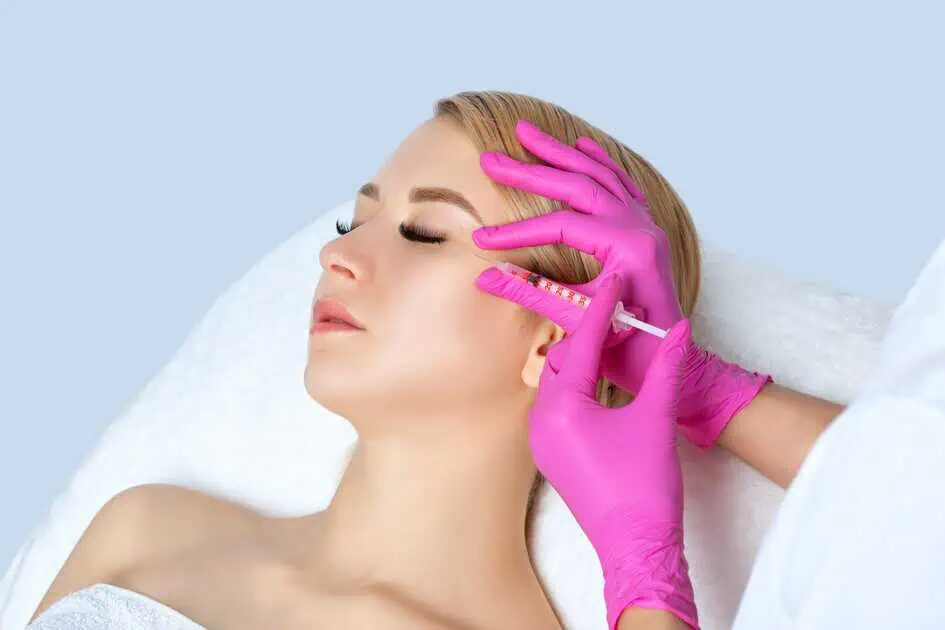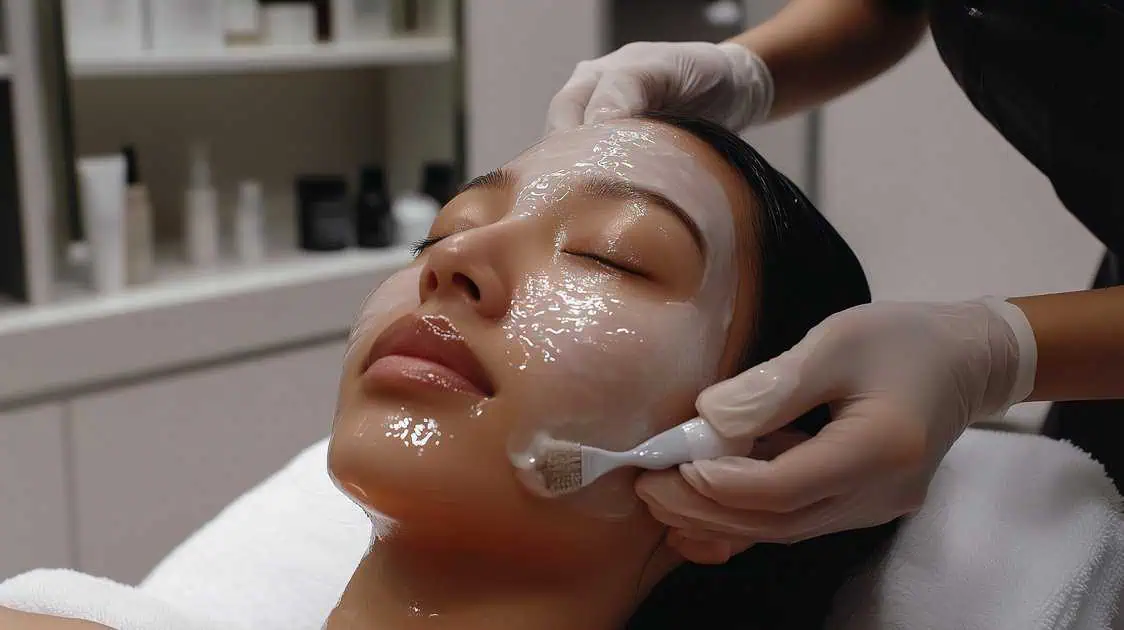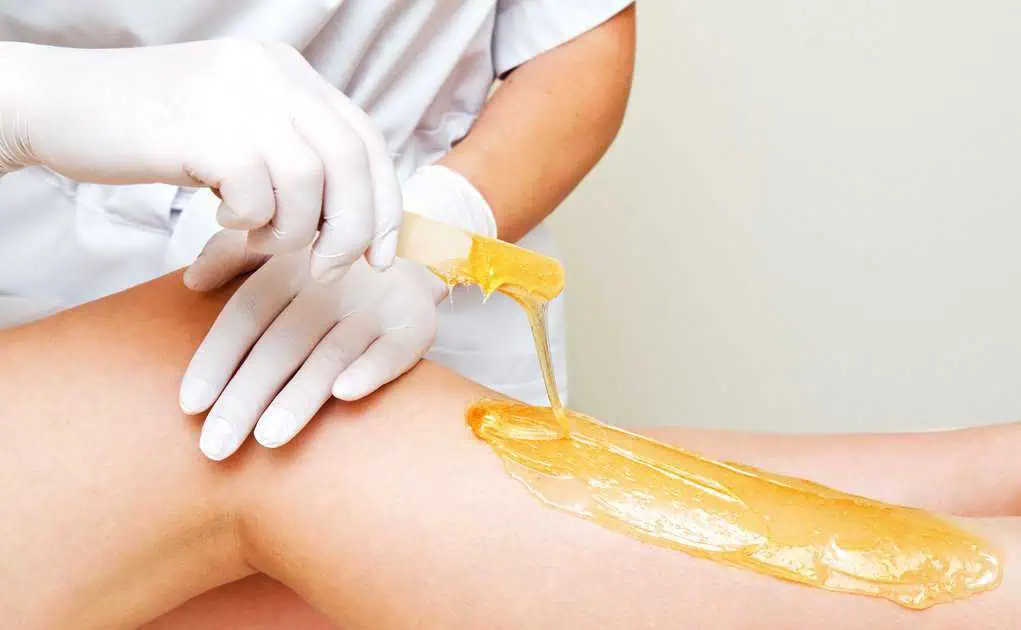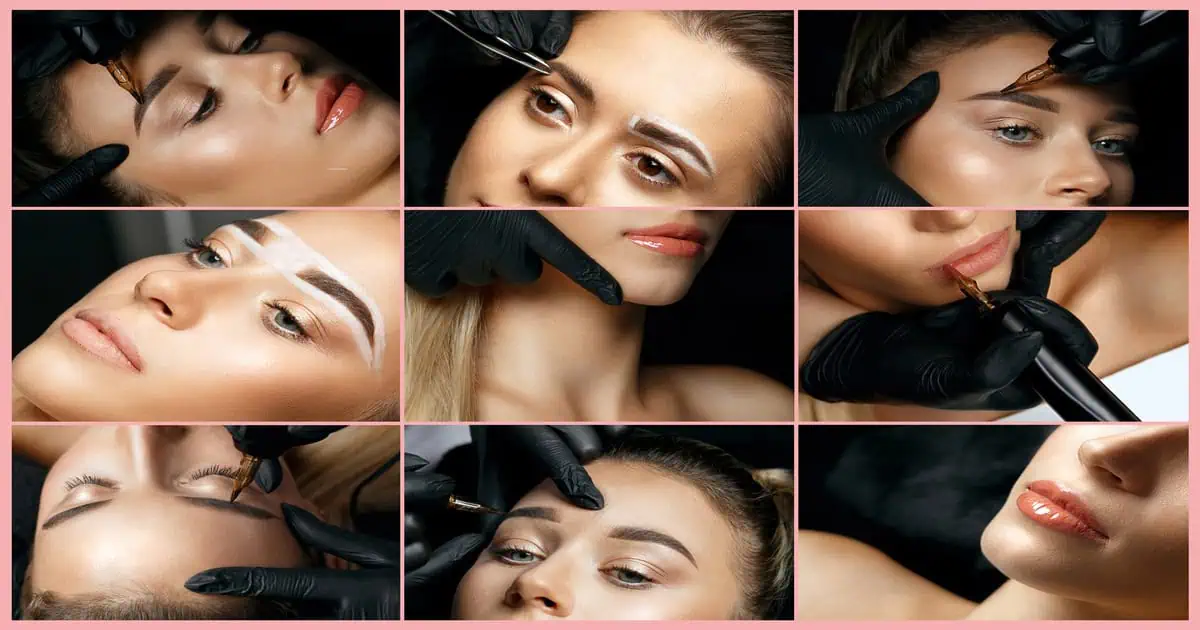Baldness is a condition that affects millions of men worldwide, causing a significant impact on their self-confidence and overall identity. Thinning hair and receding hairline can lead to insecurities and difficulty pursuing romantic relationships. Fortunately, we offer several effective solutions to help men regain their confidence and tackle hair loss head-on.
This blog post will explore the causes of hair loss in men, how to treat male pattern hair loss, and ways to prevent further hair loss.
Causes of Hair Loss in Men
Hair loss in men can be attributed to various factors. The most common cause is male pattern baldness.
- Hormonal imbalances
- Age
- Certain medical conditions
- Genetics
What Is Male Pattern Baldness?
Male pattern hair loss, also known as androgenetic alopecia (AA), is men’s most common type of hair loss. It is characterized by a gradual thinning of hair on the crown and temples, resulting in a receding hairline and eventual baldness. Male pattern baldness is primarily caused by genetic factors and the hormone DHT, which leads to the miniaturization of hair follicles over time. This hereditary condition is responsible for nearly 95% of hair loss cases in men and thinning hair in women.
AA typically follows a predictable pattern, starting with a receding hairline and thinning at the crown. It then forms a horseshoe-shaped hair pattern around the head’s sides and back.
Male pattern baldness is a progressive condition, meaning that hair loss will continue to worsen without intervention. However, with the right treatment options, it is possible to slow hair loss progression and even stimulate new hair growth.
What Are Your Hair Loss Treatment Options?
There are numerous FDA-approved treatments available to treat hair loss in men and stimulate hair growth, including:
1. PRP Hair Restoration
Discover the transformative power of PRP Hair Restoration at our clinic! PRP, or Platelet-Rich Plasma, is a cutting-edge treatment harnessing your body’s own natural healing properties to stimulate hair growth and restore thickness. Our experienced team utilizes your own plasma injected into the scalp to stimulate follicles and produce new hair growth in the area.
2. Topical Treatments
Topical minoxidil and topical finasteride are FDA-approved medications that can be applied directly to the scalp to promote hair growth and thicken existing hair. These male hair loss treatments work by stimulating hair follicles and slowing down or preventing further hair loss. They are available over-the-counter and by prescription, depending on the concentration.
3. Oral Medications
Here are some prescription medications available for hair loss in men:
- Oral Finasteride (Propecia). This is an FDA-approved hair loss medication you can take daily to slow hair loss. Some may even experience new hair growth.
- Minoxidil. Initially developed to treat high blood pressure, Minoxidil is now commonly used as a topical treatment to stimulate hair growth. It’s approved by the FDA for both men and women.
- Ritlecitinib (Litfulo). Recently approved by the FDA, this prescription medication is an oral treatment for individuals 12 years and older with severe alopecia areata.
- Spironolactone and Doxycycline. These are often used to manage inflammation associated with scarring hair loss.
Remember, these medications can have side effects, and their effectiveness can vary from person to person. It’s important for individuals considering these treatments to discuss them thoroughly with a healthcare provider.
4. Hair Restoration Surgery
Hair transplant surgery is a surgical procedure that involves transferring hair follicles from areas with dense hair growth to areas experiencing thinning or balding. This procedure provides long-lasting results and can effectively restore hair density. However, it is a more invasive and costly option, and not everyone may be suitable for surgery.
It is important to consult with a qualified hair restoration surgeon to discuss the best approach for your specific condition.
5. Laser Treatments
Laser treatments, such as low-level laser therapy (LLLT), have gained popularity as a non-invasive and drug-free solution for hair loss. These treatments can increase scalp circulation and stimulate hair follicles, promoting hair growth. While the effectiveness of laser treatments may vary for different individuals, some studies have shown promising results in slowing down hair loss and promoting hair regrowth.
Remember that the effectiveness of these remedies may vary, and it is advisable to consult a medical professional before trying any new products or supplements.
How to Prevent Hair Loss?
While it may not be possible to prevent hair loss completely, you can take some steps to minimize its impact and potentially slow down the progression.
Here are some strategies to consider:
- Maintain a healthy lifestyle. A balanced diet rich in vitamins, minerals, and proteins is essential for promoting overall hair health. Regular exercise and stress management can also contribute to healthier scalp and hair follicles.
- Avoid excessive heat and styling damage. Excessive heat from styling tools, such as blow dryers and straighteners, can damage hair follicles and contribute to hair loss. It is important to use heat protectants and limit the use of such tools.
- Be cautious with medications and treatments. Certain medications, such as those used for cancer treatment or treating high-grade prostate cancer, can cause hair loss as a side effect. If you are concerned about hair loss due to medication, talk to your medical professional to explore potential alternatives or ways to manage the side effects.
- Address scalp infections and disorders. Scalp infections, such as fungal infections, can contribute to hair loss. It is important to promptly address scalp issues to maintain a healthy environment for hair growth.
- Seek professional advice. If you are experiencing significant hair loss or are concerned about your hair thinning, consult a medical professional or a hair restoration specialist. They can assess your condition, determine the underlying causes, and recommend the most suitable treatment options.
Final Thoughts
Hair loss can be a distressing experience for men, affecting their confidence and self-esteem. However, with the advancements in treatments for hair disorders, regaining confidence and restoring hair density is now more achievable than ever. Whether you opt for topical treatments, medications, laser therapy, or hair transplant surgery, you must seek professional advice and choose the best approach.
Don’t let hair loss hold you back from feeling your best. Take the first step towards regaining your confidence by exploring available treatment options.







